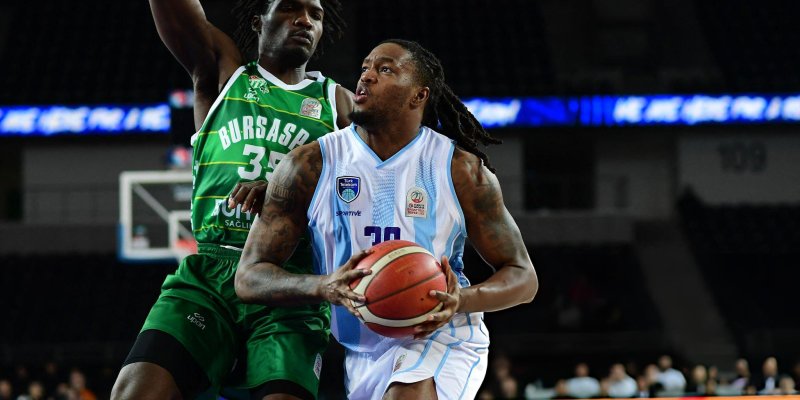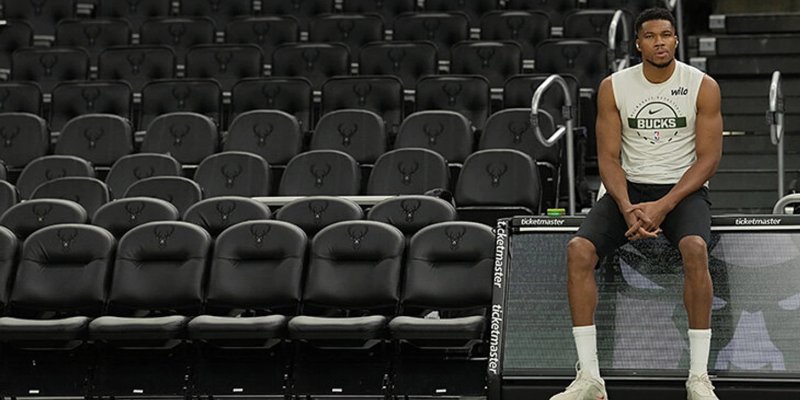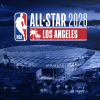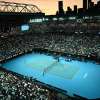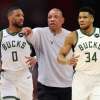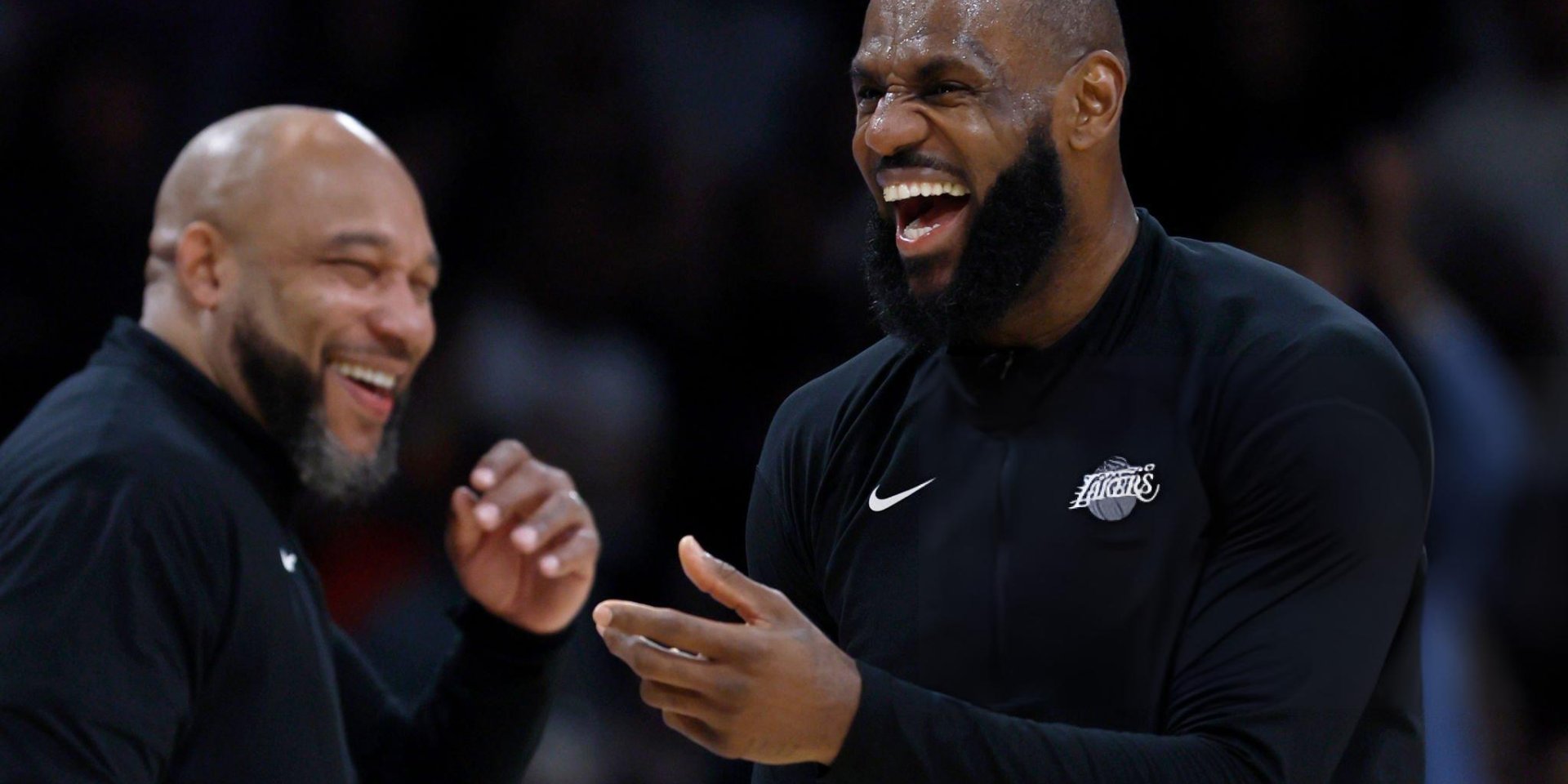
The teaser with the cryptic tagline "Second Decision" blew up the news cycle around LeBron James—and, as one fan claims, hit him in the wallet. Los Angeles resident Andrew Garcia believed the moment mattered and bought two tickets in advance for the March 31 game between the "Lakers" and "Cleveland," paying $433 per seat. When it became clear that the buzz was only about a major alcohol advertising campaign, resale prices plunged. The fan has now filed a lawsuit against the star, accusing him of "fraud, deceit, and misrepresentation" and demanding reimbursement of the ticket cost.
The Teaser That Fueled Expectations
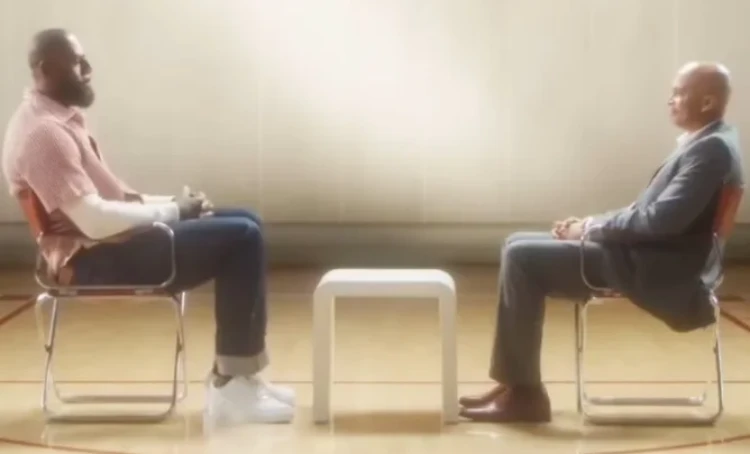
The title "Second Decision"—a direct nod to James's legendary TV announcement—triggered a wave of speculation. In an era when every detail around NBA superstars instantly drives demand, a clip like this inevitably boosts interest in upcoming regular-season games. Like thousands of fans, Garcia chose not to miss the chance to be in the stands on a potentially "historic" night.
Price Collapse After the Reveal
As soon as it became clear that the "Second Decision" was not a sporting twist but an alcohol brand case, the hype deflated. The secondary ticket market—a sensitive barometer of fan expectations—responded with an immediate drop in prices. Those who bought seats "at the peak" lost out: liquidity dried up, and the gap between purchase price and current valuation turned painful.
The Lawsuit's Core: Where Is the Line Between Marketing and Deception?
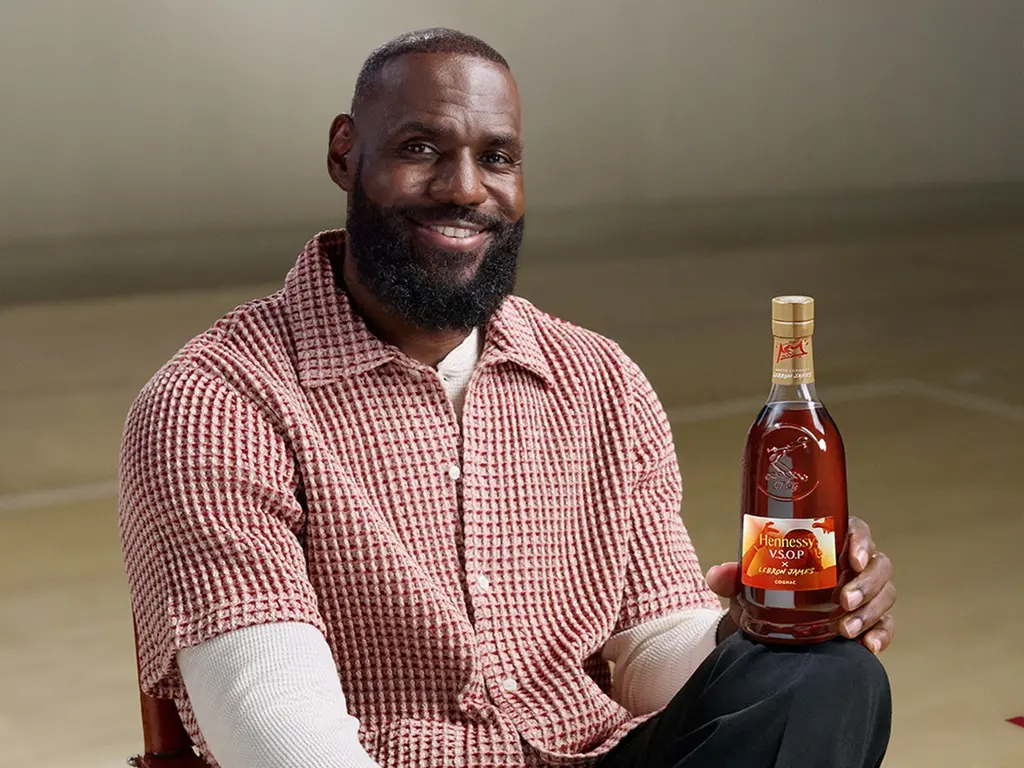
Garcia's complaint uses the terms "fraud, deceit, and misrepresentation." In his view, the advertising intrigue artificially created an expectation of a "special event" among fans, influencing their economic behavior—from the decision to buy tickets to the willingness to overpay for "being part of the moment." The demand is a full refund for both tickets.
Fan Economy and Superstar Accountability
Today's NBA is not only basketball on the hardwood but also a powerful marketing ecosystem where any media move by a star directly impacts demand. Garcia's case revives an old question: should an athlete bear personal responsibility for fan expectations when those expectations are shaped by creative advertising rather than a sporting promise?
What Could Happen Next

Even if the dispute ends quickly, the precedent is already set: marketing campaigns around top players have a direct impact on the ticket market and fans' wallets. Clubs, agencies, and brands will likely become more careful with wording and innuendo when the real price of a "courtside seat" is on the line. And for fans, it's a reminder that in the economy of expectation, it's vital to separate sporting content from commercial intrigue—otherwise, the price of emotion can become too high.

